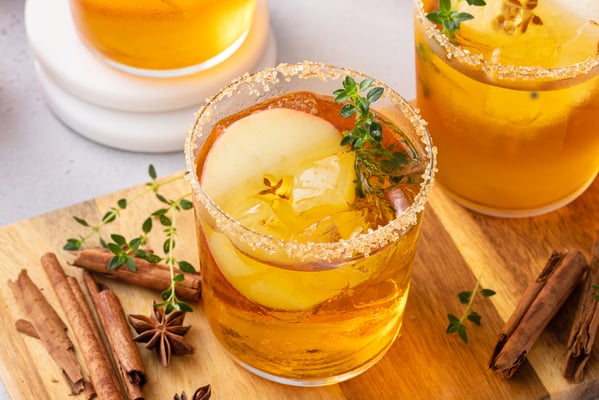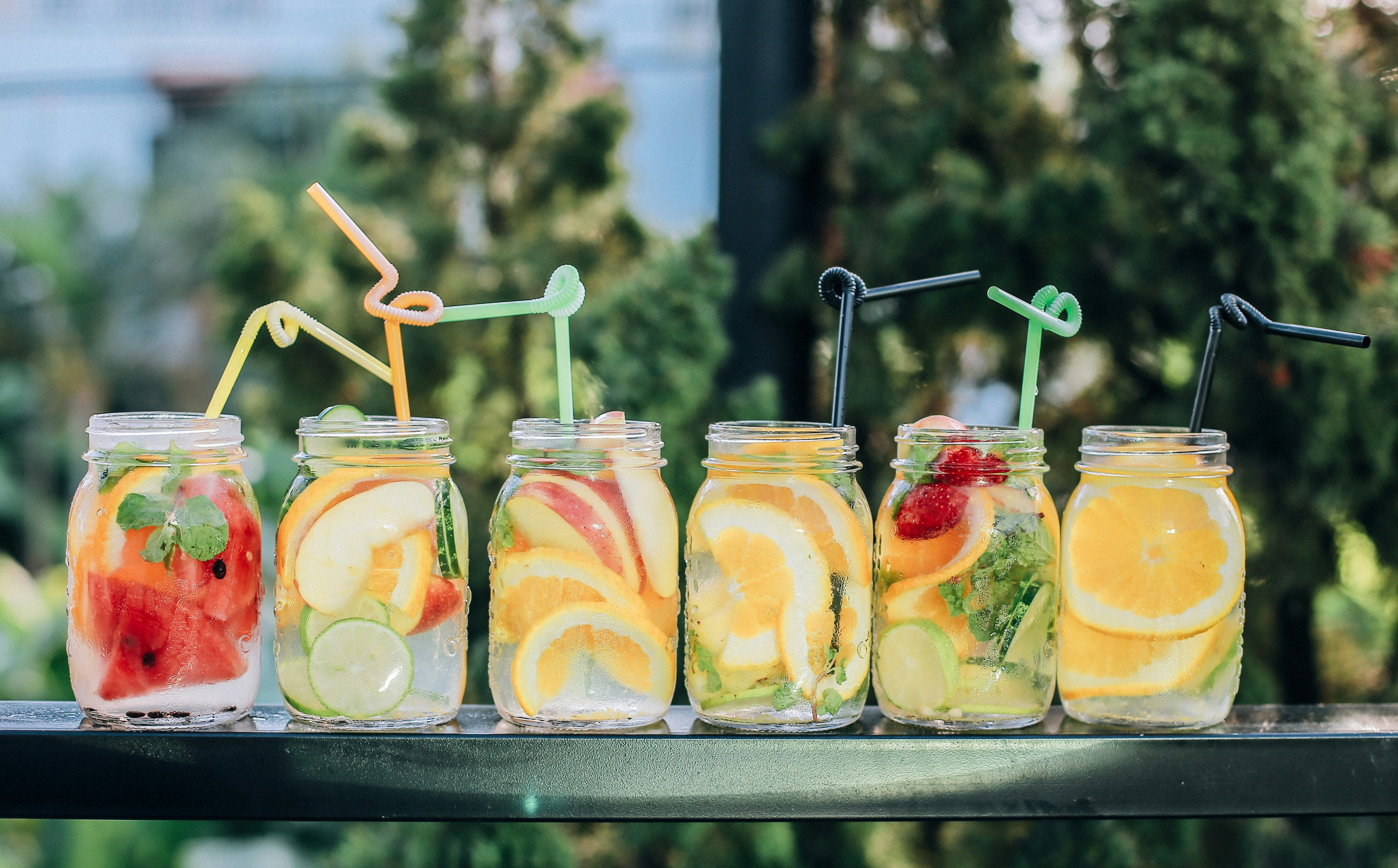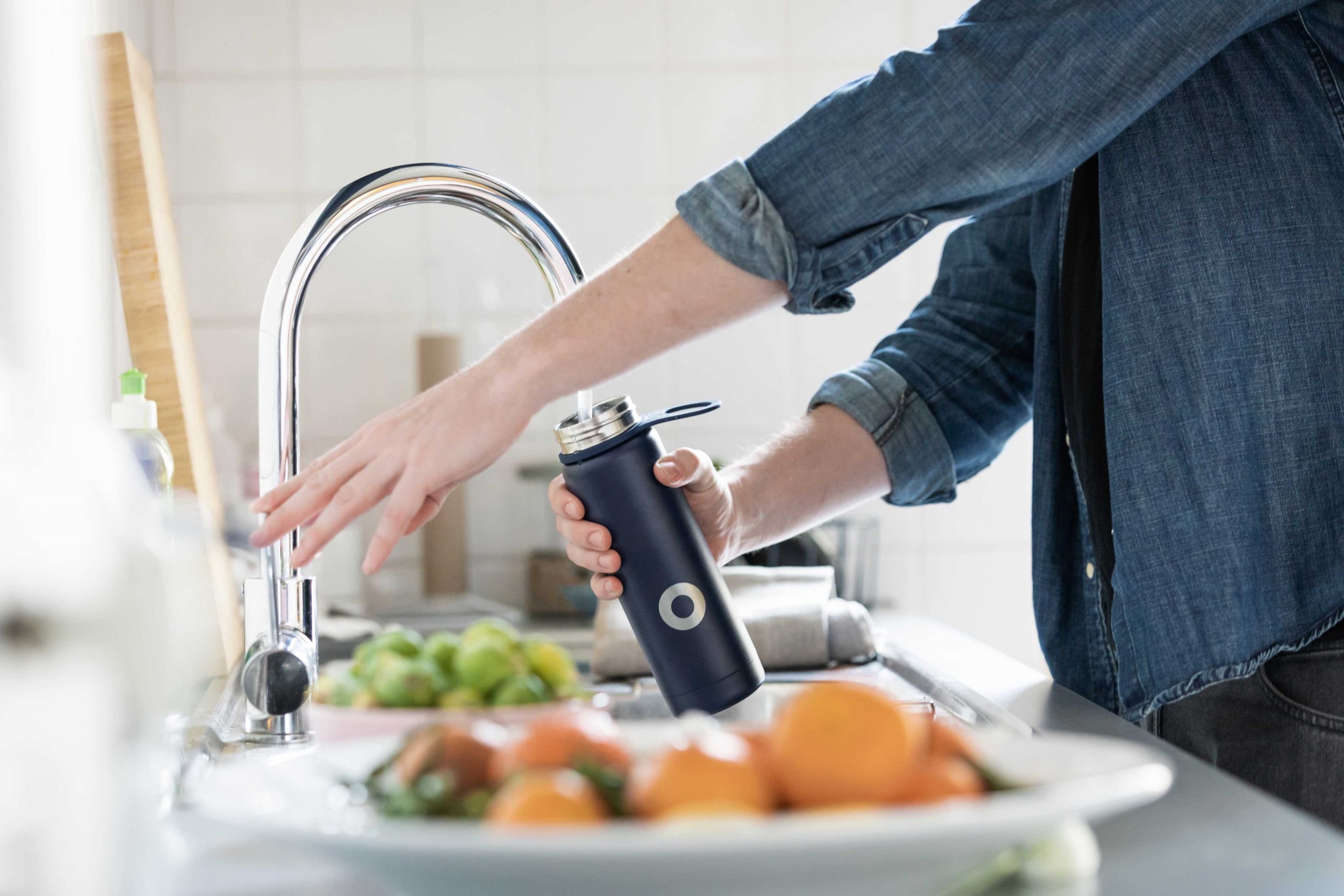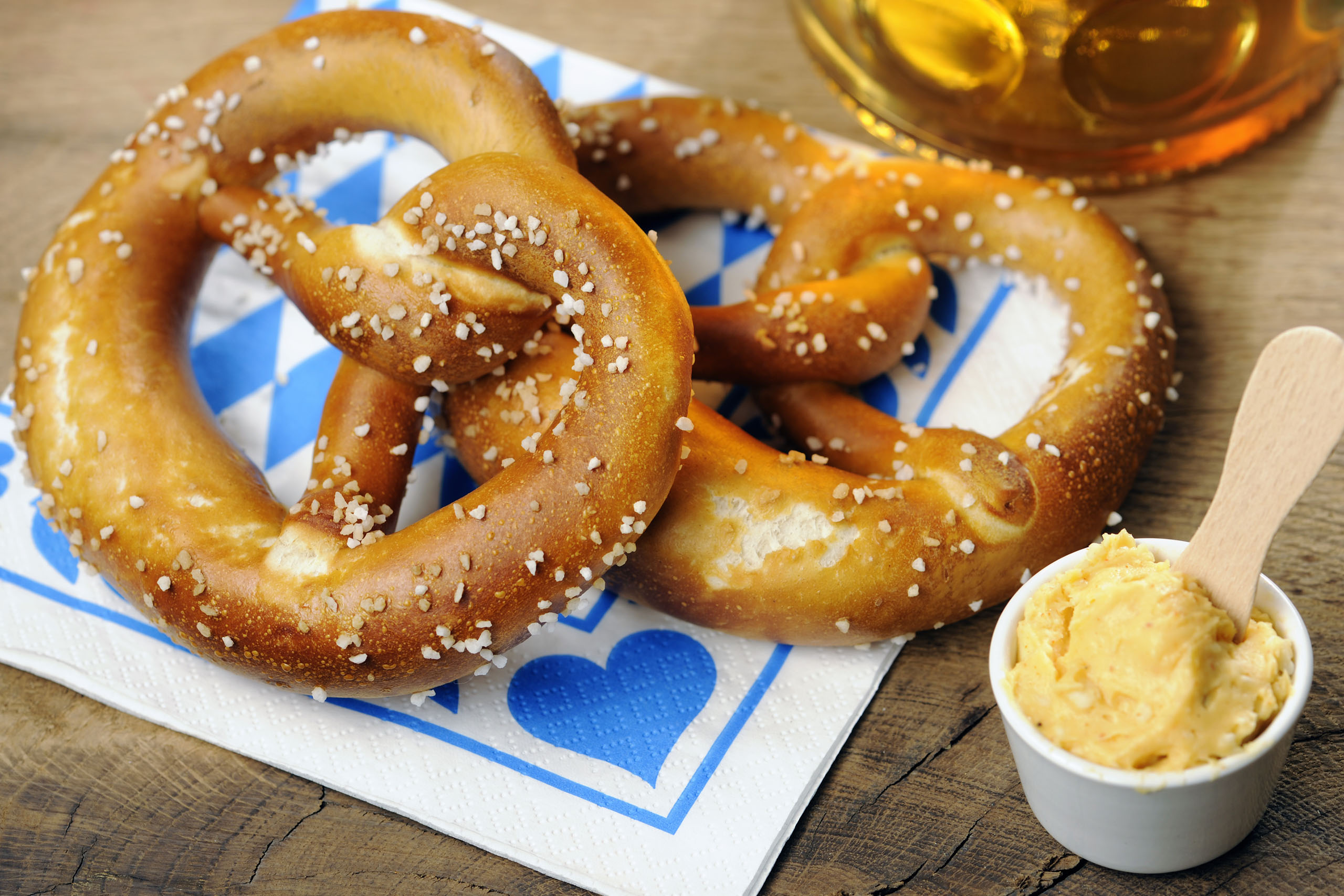Alcohol: The Red Zone Health Fumble
Whether you’re drinking to celebrate your team’s win or to ease the stress of just watching the game, football is often paired with a few too many drinks. Be it the tailgate, watching the game at a bar, or the game day party, a bloody, a beer, or a fun cocktail are likely to be included in the mix.
Football, like Oktoberfest, is a great opportunity to embrace your social connections. But unlike the festival, football happens many times a week. Call me a spoilsport, but you can choose to be conscious of your alcoholic consumption during football, holiday parties, and wine nights during this season of fun games and camaraderie.
Alcohol and your Body
While it’s not a necessary nutrient, your body chooses alcohol as its first choice of energy. As a macronutrient at seven calories per gram, it sits at the top of the pyramid—not because it’s such a great source of energy, but because it’s a toxin that your body wants to get rid of as quickly as possible. Your body is protecting your vital organs, like your liver, from the damaging effects of alcohol.
Wisconsinites and our other midwestern neighbors commonly joke about their liver not being happy with them. The jokes usually get a good laugh, but the livers in the room probably aren’t too happy at that point. Your liver is essential to well-being. It processes nutrients, removes toxins, and builds essential proteins. A liver damaged by alcohol can lead to fatty liver disease, alcoholic hepatitis, and cirrhosis.
Alcohol Use in the US
Between Spotted Cow and the number of bars on 3rd Street, La Crosse, Wisconsin is infamous for its conspicuous alcohol overconsumption. Excessive drinking has a very high cost. According to the Centers for Disease Control and Prevention, excessive alcohol use in the US costs approximately $249 billion annually. For Wisconsin, it’s almost $4.5 billion each year. These economic blows come from losses in workplace productivity, health care, criminal justice, and motor vehicle crashes.
According to the Behavioral Risk Factor Surveillance System, Wisconsin has the highest prevalence of binge drinking, which includes the number of drinks and frequency of drinking among 18 and older adults by states at 23.5%. What defines excessive or binge drinking? It’s insightful to know what is considered “one” drink:
12 ounces of beer with a 5% alcohol
8 ounces of malt liquor with a 7% alcohol
5 ounces of wine with a 12% alcohol
1.5 ounces of 80 proof or 40% alcohol distilled spirits or liquor, like gin, rum, vodka, whiskey
Knowing what “one drink” is, this is considered excessive:
- Binge drinking is five or more drinks on occasion for men or 4 or more drinks for women
- Heavy drinking is drinking 15 or more drinks per week for men or 8 or more drinks for women
- Any drinking by those under 21 or by pregnant women
Want to Reduce Consumption?
A glass of wine each night or a couple beers after a long day is an easy pattern to fall into. This doesn’t necessarily make you dependent on alcohol or even put you in the category of a “heavy drinker,” but it doesn’t hurt to cut back. It’s not just about alcohol. Think about the added sugars from the wine or mixer in your cocktail. You don’t need to take up that space in your routine or diet. Not to say a drink can never be enjoyed, but let’s look at the questions to ask yourself when a drink could be skipped.
- Is the drink a treat you truly enjoy or just a default drink?
- Does the drink enhance your experience or is it due to stress, anxiety, or lack of joy?
- Do you drink alone or with others – in either case, why?
- Is your relationship with alcohol something you’d like to change?
- How many drinks have you already had this week and on how many nights?
Becoming More Aware of What you are Consuming
Start by writing down your reasons for wanting to limit your consumption and set a goal to help limit how much you want to drink in a week or month. Keep track of every time you drink and how much. Here are some additional ideas to help along your journey:
- Don’t keep alcohol in your house.
- Choose a day of the week or two to be alcohol-free, and find something else to drink
- Plan for peer pressure in social situations, how you will respond, and what you will drink
- Find something else to do, like going for a walk or doing a hobby.
- Tell your friends and family so they can respect your wishes and maybe even join you
- Don’t give up and remember the goal; it takes most people several attempts
Drink Alternatives for You to Try
- Tart Cherry Juice Mocktail can help increase melatonin to help you sleep better at night
- Herbal tea that will help you sleep, like chamomile, valerian root, lavender, or lemon balm
- Club soda with lime juice, mint, and a sweetener
- Some fun fall mocktails with a pinch of adventure
- Non-alcoholic beer, wine, or cider
I’m not saying a Bloody Mary, or a beer don’t pair well with a Packer game, because they do. However, there’s no denying unhealthy drinking habits lead to health problems. Being conscious of how much and how often you consume alcohol can be the real gameday ticket to feeling ‘tail great’ this year. Want to know more? Learn more from the experts at Mayo Clinic about alcohol liver disease here.
Lila Tully, CHES
Health Education Specialist, ViaroHealth
For questions or comments, please contact wellness@viarohealth.com



